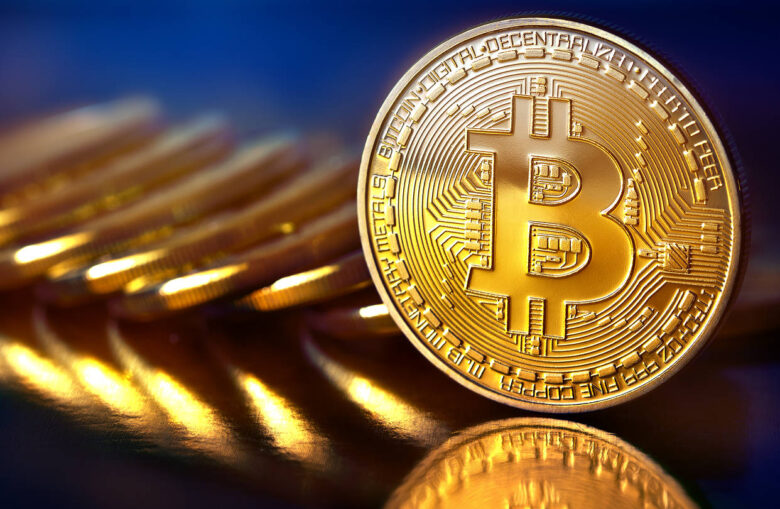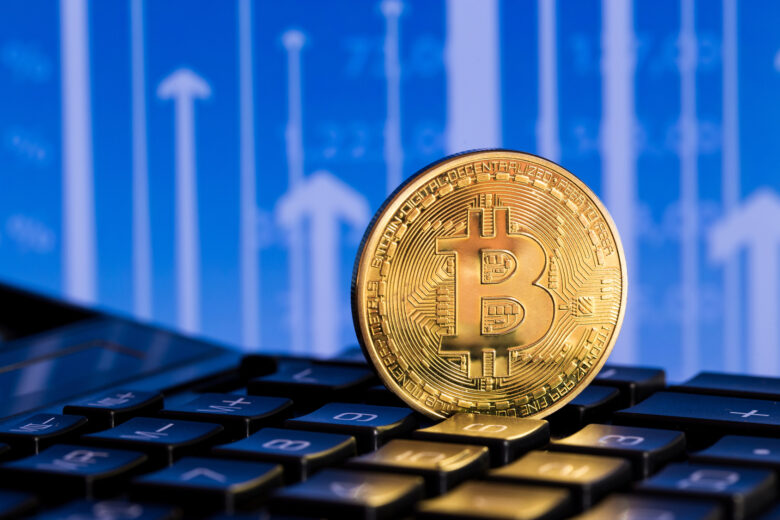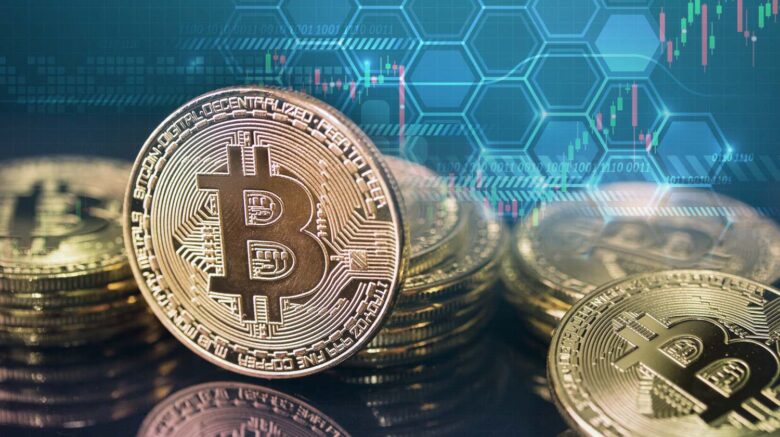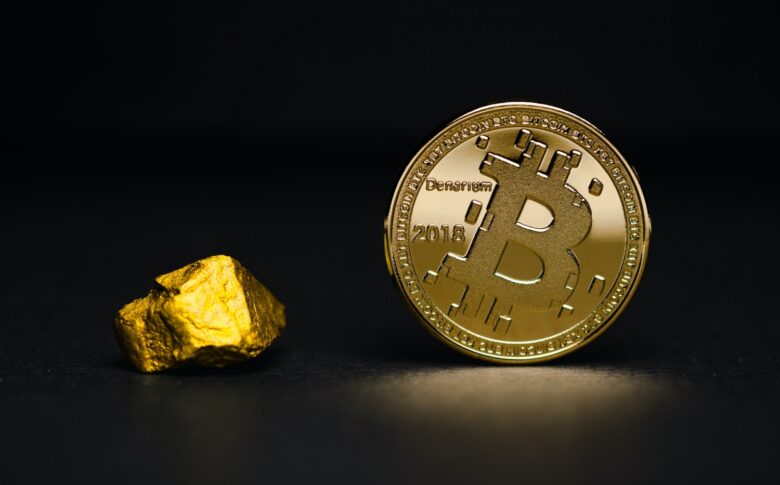Bitcoin has become a pretty big deal. It is the most popular cryptocurrency in the world and it is responsible for causing a major disruption in the financial world. When Bitcoin introduced the concept of cryptocurrencies, it brought in a totally new asset class. The concept of cryptocurrencies is still new to the world. And a lot of people are still wrapping their heads around the concept.
At the moment, Bitcoin provides us with so many exciting investment opportunities. It’s a great asset to invest in, and as its popularity continues to climb, this currency will become more valuable. If you’re thinking of investing in Bitcoin, you’re about to explore a huge opportunity. So, before you jump into Bitcoin trading, you should learn a few more things about them. Having a better understanding of Bitcoin will help you pursue the best bitcoin investments.
Things to Know About Bitcoin Before You Invest in It

Source: wsj.com
Since this currency is globally available and borderless, it is available to anyone. Keep in mind that some countries have made Bitcoin trading illegal. You should check the rules and regulations regarding cryptocurrencies in your country before you start your investment journey.
If Bitcoin trading is legal in your country, you can start trading. But not without knowing what to do. Bitcoin trading can be complicated and you can easily end up making mistakes that you will regret later on. Here’s what you should about Bitcoins before investing in them. If you’re completely new to bitcoins, you should start learning about them from ground zero.
What Are Bitcoins?
According to Trade Wise, Bitcoins are a cryptocurrency (digital currency) that were developed in January 2009. They were developed following ideas presented in a whitepaper that was written by Satoshi Nakamoto (a pseudo-name). The idea behind bitcoin’s development was to create a currency that would provide users with lesser transactions fees and fewer hurdles when making online payments. Also, Bitcoin was developed as a currency that would not be controlled and regulated by any centralized authority.
Despite its growth in the world, the true creator of Bitcoin is yet to be identified. Being a digital currency, Bitcoin has no physical shape or form. However, this does not mean that there’s no control over its usage and distribution. All the balances of Bitcoin are stored on a public ledger that can be seen by anyone.
In order to obtain bitcoins, you either buy them or “mine” them. In order to mine bitcoins, you need a massive amount of computing power to solve complex algorithms. Solving these algorithms becomes harder as the number of total mined bitcoins increases.
Bitcoins are not recognized as a legal tender; however, this has not stopped their popularity from skyrocketing. A lot of people believe that Bitcoins have created a whole new asset class for people to invest in. Their popularity has also led to the creation of a number of other cryptocurrencies following the same principles as bitcoin.
Bitcoins Are Limited

Source: bitcoin.com
Bitcoins aren’t like paper money; you cannot simply make more of them. The creator of Bitcoin has placed a limit on the number of Bitcoins that can be created, which is 21 million. As more Bitcoins are mined, the mining process becomes harder. This makes it more challenging for people to obtain new Bitcoins now.
Bitcoins Are Useful
Bitcoins are quite useful since they provide a predictable and stable monetary policy that anyone can verify. Anyone can see the number of created Bitcoins, the transactions they create, and how many are being circulated at any given time.
The monetary policy of Bitcoin makes them really special. Also, transferring this currency from anywhere to anyone is very easy. There aren’t any authorities that can block Bitcoin payments. This makes Bitcoins censorship resistant money. Thanks to this, Bitcoin makes cross border transactions really easy.
Bitcoins Are Stable

Source: paymentsjournal.com
Thanks to their monetary policy and their popularity, Bitcoins are having the same impact on the global economy as other currencies. This makes them superb assets to invest in.
Bitcoins Are Classified As Uncorrelated Assets
Uncorrelated assets don’t have their value tied with the traditional bond and stock markets. This makes them ideal assets for investors who want to diversify their portfolio without adding risk. The stock market could be performing very badly but the value of Bitcoin will remain unaffected.
Price

Source: insideyourira.com
Bitcoin doesn’t have an official price. Its value is determined by what people think of it and how much are they willing to pay for it. If you want to see Bitcoin’s historical price then you can search for it online.
The price of a Bitcoin is noted as 1 bitcoin. You can buy as many bitcoins as you want. And you don’t necessarily have to buy 1 whole bitcoin. Meaning you can buy 0.5bitcoin or even less than that.
When Should You Buy Bitcoins?
Just like with any other asset out there, there’s no definite answer to this question. You need to be able to study market trends and figure out whether its value will go up or down. There are loads of factors that determine where the market will go.
If we look at Bitcoin’s historic trends, its value tends to appreciate very fast and then it goes down until it stabilizes. If you manage to buy Bitcoin before an upsurge, you can make a lot of money.
Not Tied to Any Currency

Source: sciencetimes.com
Being global and uncorrelated, Bitcoin’s value is not tied to any currency. Its independent nature makes it unaffected by what’s going on in the global economy. This is good and bad; it’s good because economic problems in certain countries will not affect its value. It’s bad because this makes it harder to predict how the value of Bitcoin will appreciate or depreciate.
Conclusion
Bitcoin is arguably one of the most fascinating financial phenomena of the 21st century. It is an entirely new asset class that many people were sure would fail. However, as the years have gone by, Bitcoin has been gaining more and more traction.
Not only is it a proof of concept, but it is also really useful. You can buy Bitcoin for trading purposes. You can also use it as a currency in order to send and receive payments without requiring authorization from anyone.




